Research
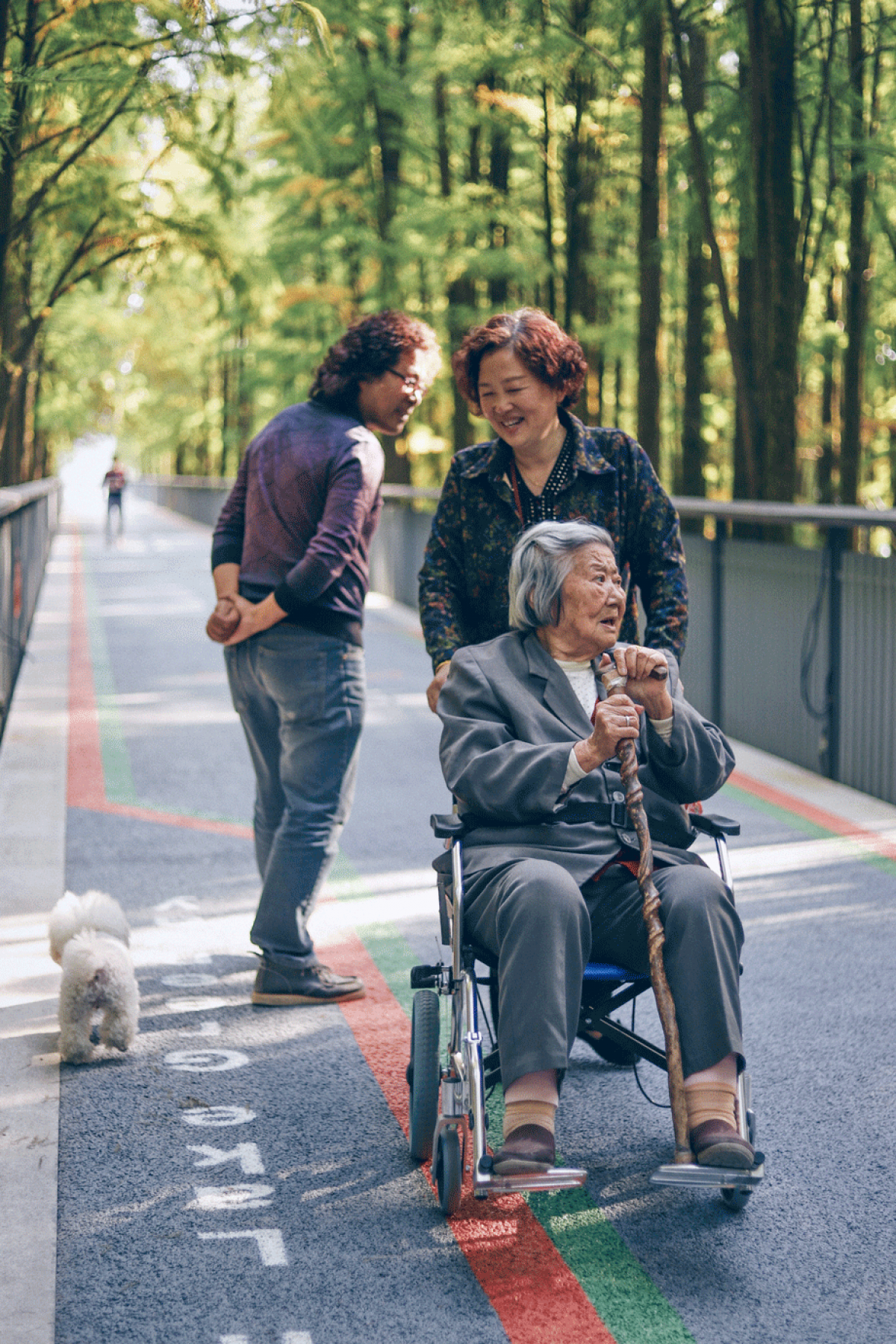
Palliative care is not equally available to all Australians, for reasons including where they live, costs of care, workforce issues, as well as awareness and accessibility of palliative care.
We know that there are some population groups and communities who do not access palliative care services as often as others. This means that we aren’t providing these under-served communities with the information and services they need when, where, and how they need them. With an ageing population in Australia the number of people needing palliative care is forecast to increase. This research program will focus on addressing the challenges under-served South Australian people and communities experience in accessing end-of-life care, whilst continuing to strengthen what is working well.
In this five-year transformative research program, we will identify and develop resources to best support under-served South Australians to access end-of-life care that is preferred by and meaningful to patients and their carers. As end-of-life care is provided in multiple settings, including within hospitals, within communities, and within families, this research program will examine the provision and receipt of care in all three setting.
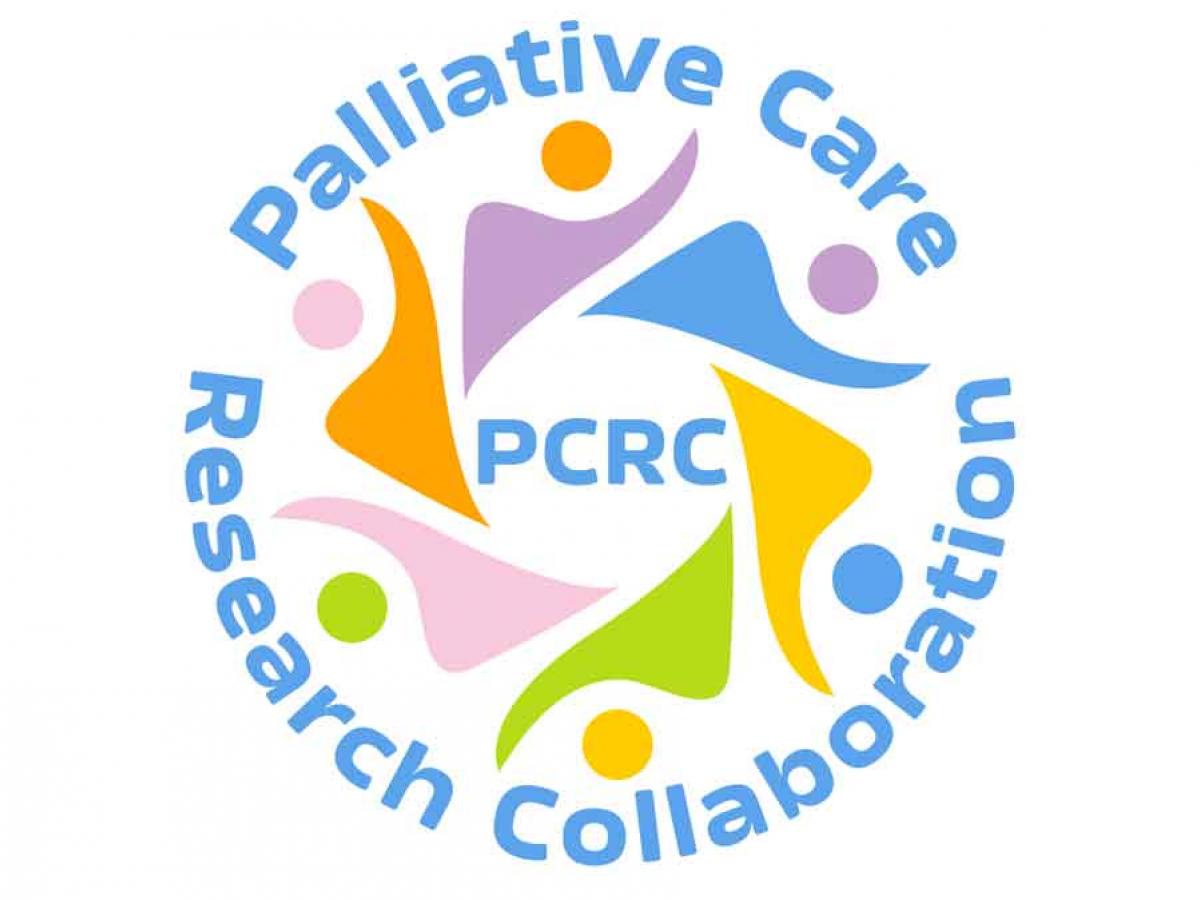
This research program is built on close collaboration between our experienced research team and our extensive network of partners representing community, clinical, and policy interests. This will ensure that what we do, and how we do it, is done hand-in-hand with our partners, so our research outcomes will be translated into meaningful and sustainable change.
The program consists of five individual projects, all underpinned by the key principles of knowledge translation, co-design, and community engagement.
Our projects
-
Working with communities: Enriching the end-of-life; Helping each other to live as well as we can as long as we can

This study is about working with several South Australian communities to develop resources about how to live as well as possible when someone is approaching the end of their life.
Under-served communities in South Australia—including rural, culturally and linguistically diverse communities, and those living with a reduced income—will be included in this study, which aims to increase community awareness and familiarity with the language, knowledge and practical skills needed to make active choices about care at the end of life. We will work closely with community leaders to determine levels of understanding and access to end-of-life care, provide training opportunities to upskill local leaders and determine how best to improve awareness and resources within these communities according to their priorities and preferences. In addition, we will collaborate with those communities to identify how we can also help to increase clinicians’ knowledge and practical skills in engaging with under-served individuals, families, and communities to provide appropriate end-of-life care for all South Australians.
Study leads: A/Prof Jaklin Eliott, Prof Gill Harvey, & Dr Kate Gunn
-
Working with hospitals: Looking at case notes, speaking to patients about current and future care needs
This study will involve partnering with Local Health Networks (LHN) state-wide to review (audit) case notes and survey in-patients within major South Australian urban and rural public hospitals.
As part of this research, we will speak to in-patients about their current and future care needs and psycho-social well-being, and determine the prevalence of patient awareness of PC and reported conversations about death and dying. We will also review their case notes to see what is recorded about why they attended hospital, any treatment received, and whether any need for and conversations about future and/or end-of-life care is recorded. This will allow us to see where the gaps are between patient and clinical understanding of their care.
Study leads: Prof Gregory Crawford & A/Prof Jaklin Eliott
-
Working with families: My Story, Our Journey; moments in time and space
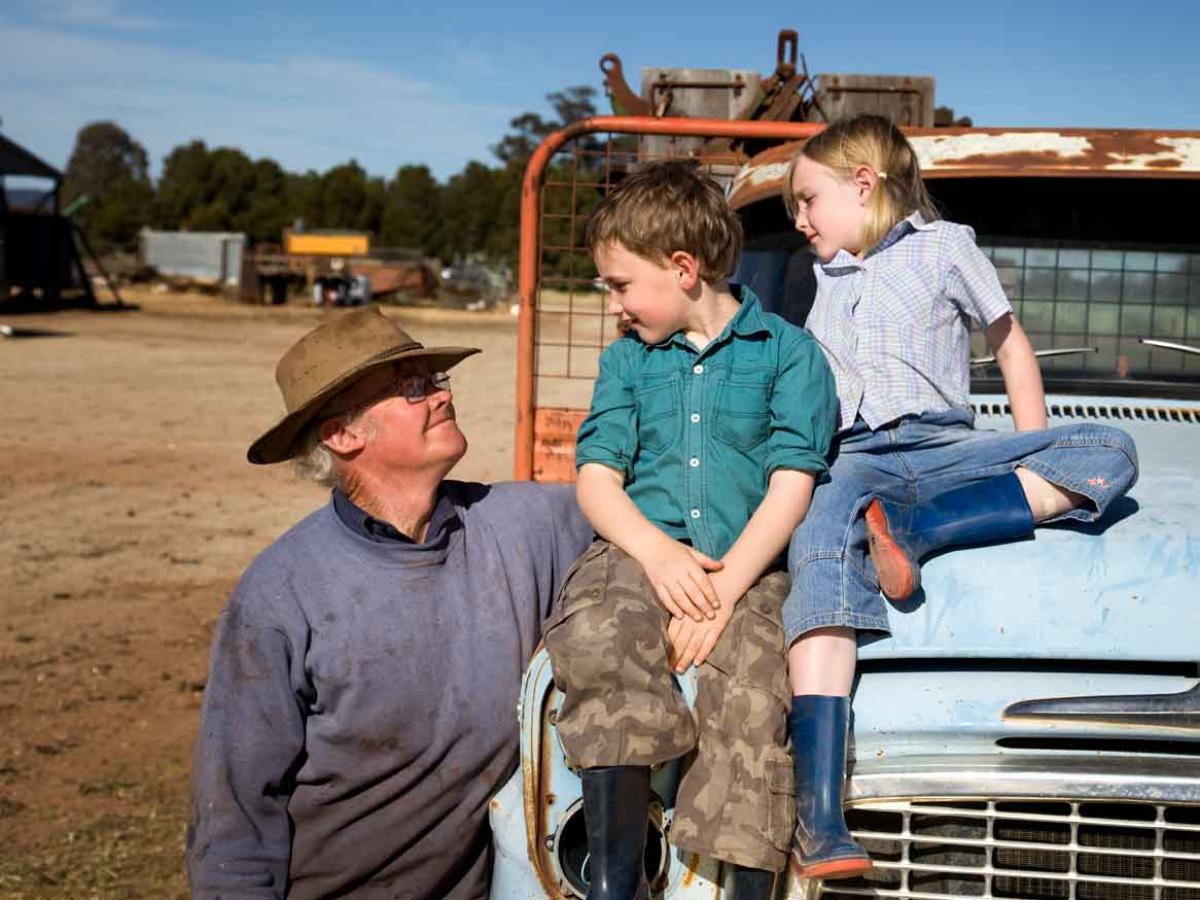
This world-first longitudinal study will follow, in real-time, patients and their families in the last year of life.
Through conducting regular interviews, we will capture behaviours, experiences and key moments that shape how and why patients and families from under-served communities make end-of-life decisions. We will explore changes over time in expectations and experiences, challenges and benefits, needs, expected futures and factors that may influence a change in experience and/or expectations of palliative care.
Real-time study exploring changes in patients and carers’ expectations, behaviours, experiences and needs regarding palliative care, in under-served communities
Study leads: A/Prof Jaklin Eliott, Prof Gill Harvey, & Dr Kate Gunn
-
Palliative care workforce planning
Based on what we find in our research with communities, families, and within hospitals, this study will develop and evaluate a model of the workforce required to deliver best-practice end-of-life care for rural, culturally and linguistically diverse, and those living with a reduced income in communities in South Australia.
In focusing on community needs and preferences, this approach differs from the usual approaches to workforce modelling that focus on the supply of health professionals and/or funding.
Integrating knowledge about the experiences, expectations, and needs of under-served communities gained in our other research activities will enable us to estimate the health workforce required and the competencies and skills needed within healthcare workers responsible for the delivery of palliative care.
This model will inform current and future workforce planning, promoting the delivery of care when, when, and how those in under-served communities want it.
Study leads: Prof Caroline Laurence & A/Prof Ann Dadich
-
Across Australia: Our priorities in palliative care—as future patients and carers
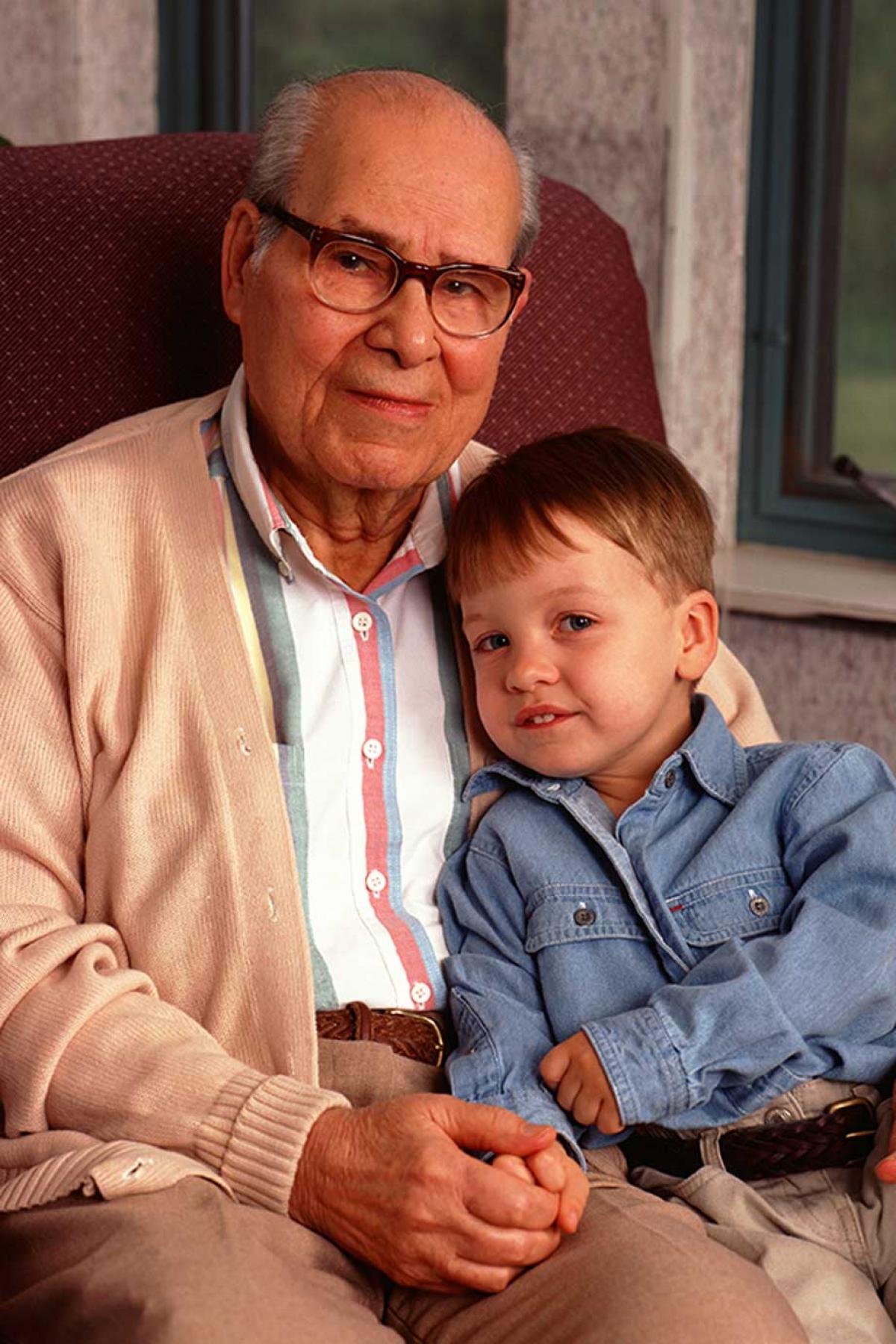
This project will recruit across Australia and use an online questionnaire to collect information about what the things we most value and want in palliative care, both as a (future) patient or (future) carer.
What we learn will help us to make recommendations to advise policy, practice, decision making, and the provision of palliative care across Australia.
Study Leads: Dr Ali Lakhani & Prof Anna Chur-Hansen
-
Across the system: making transformative and sustainable change in palliative care
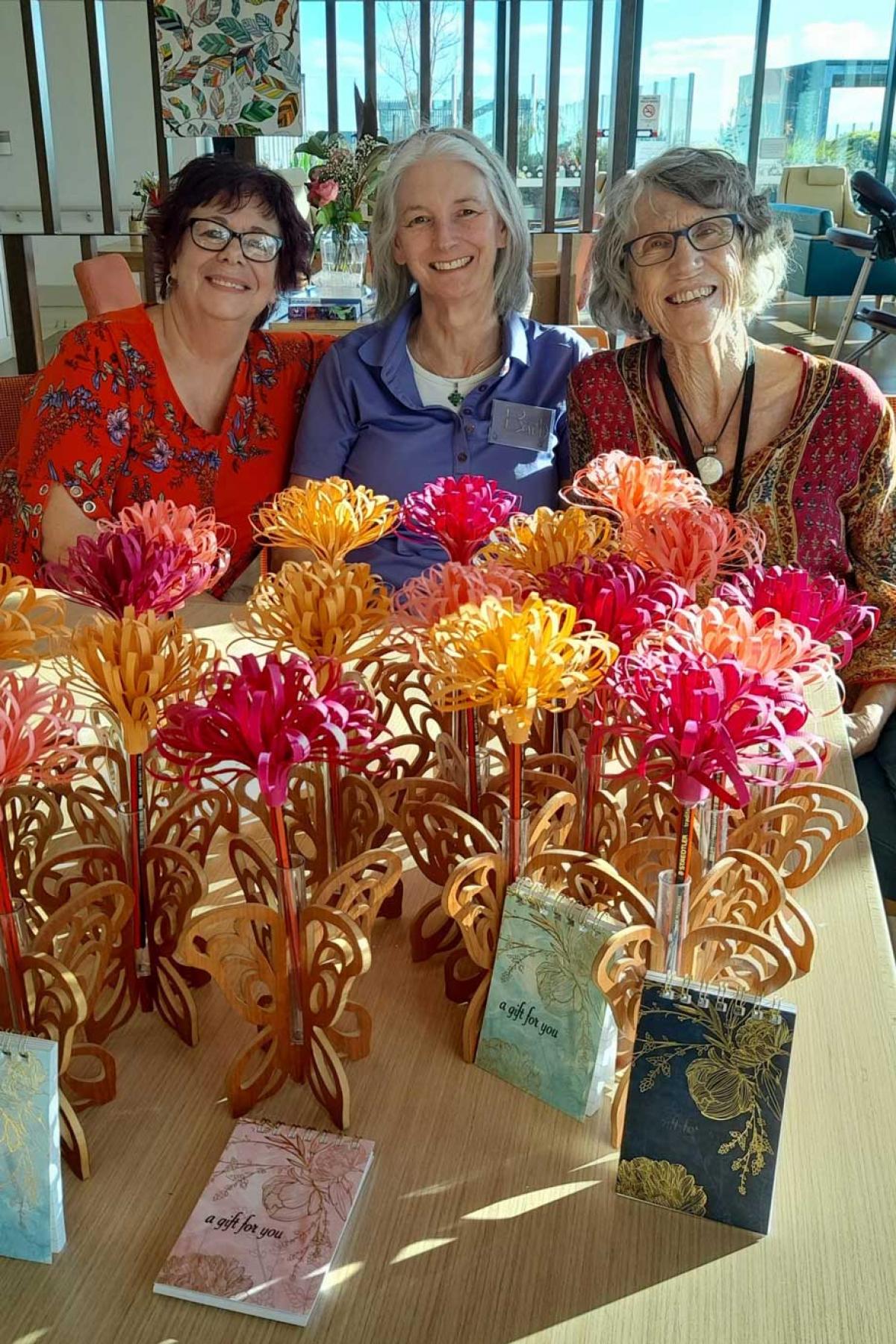
A knowledge translation framework will underpin the PCRC research program, to ensure these individual research projects and their outcomes are translated into meaningful and effective change in accessing and delivering end-of-life care and support for South Australians.
The research will be designed, conducted, reviewed, evaluated, and changes implemented through key collaboration and engagement with clinicians, local health networks, community organisations, advisory groups, and other key partners throughout the course of the research program.
Our goal is to deliver meaningful change in policy and practice in end-of-life care so that all South Australians can get the care they want and need at the end of life.
Study Lead: Prof Gill Harvey
